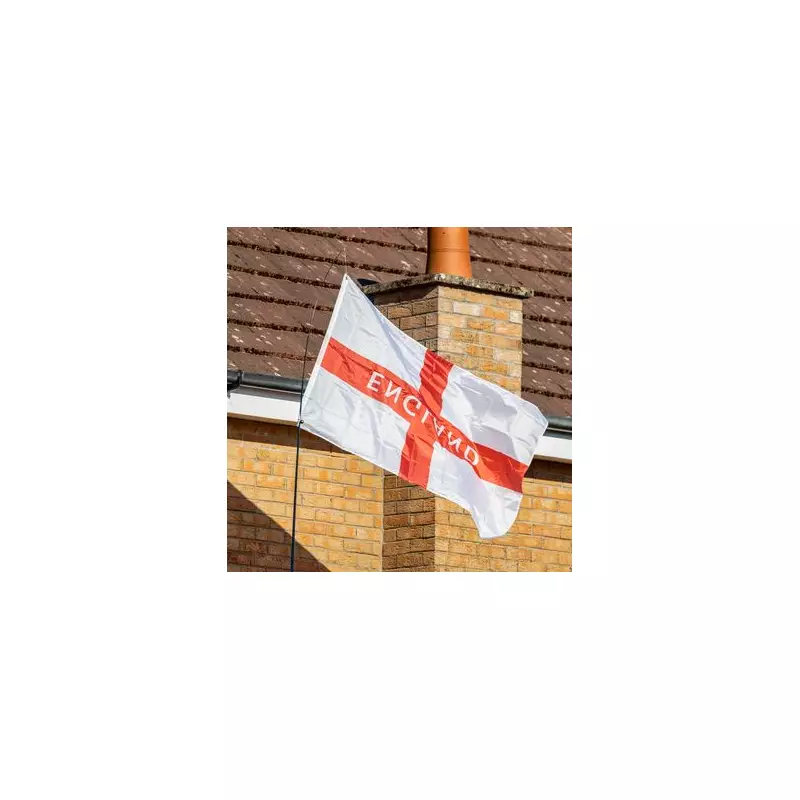
Council employees tasked with removing unauthorised flags from public lampposts are confronting what local authorities describe as 'unacceptable' levels of abuse and intimidation across multiple regions.
Escalating Threats Against Staff
Several councils have reported serious incidents where workers faced direct threats. In Knowsley, officials condemned 'completely unacceptable' threats against staff and promised to impose the 'strongest penalties' on those responsible. The situation became so severe in Trafford, Greater Manchester, that the council temporarily paused all flag removal operations after a staff member received threats through social media platforms.
The Trafford worker was first confronted and abused in the street while performing their duties, then faced further harassment when personal details were published online. Meanwhile, in Salford, shocking social media footage from September showed a council contractor being forcibly pulled down from a ladder, although the contractor was actually working on camera equipment at the time.
Political Figures Targeted
Alan Gibbons, a councillor in Liverpool, Merseyside, described being followed by three men after he questioned them about hanging England flags bearing what he characterised as 'racial', 'political' and 'religious' slogans. The men subsequently filmed him and took photographs after he asked if they had permission to erect the flags. 'I don't accept anyone can follow me home and take pictures,' Mr Gibbons told the BBC.
The backlash has prompted significant security measures. Warrington Council leader Hans Mundy confirmed the introduction of enhanced security measures for staff removing flags, acknowledging this comes at a 'significant additional cost' to local taxpayers.
Council Responses and Financial Impact
Council leaders are united in condemning the abuse and calling for better protection for workers and contractors. St Helens Council leader Anthony Burns described the situation as 'a real worry' and 'just crazy', emphasising the need to challenge such behaviour wherever it appears.
The financial implications are becoming apparent, with Trafford Council spending nearly £25,000 on removing flags and cleaning up related graffiti, including mini roundabouts marked with the St George cross. While some councils remove all unauthorised flags from public property, others like Sefton Council and Lancashire County Council have taken more measured approaches, typically only acting when flags present safety risks or contain offensive material.






